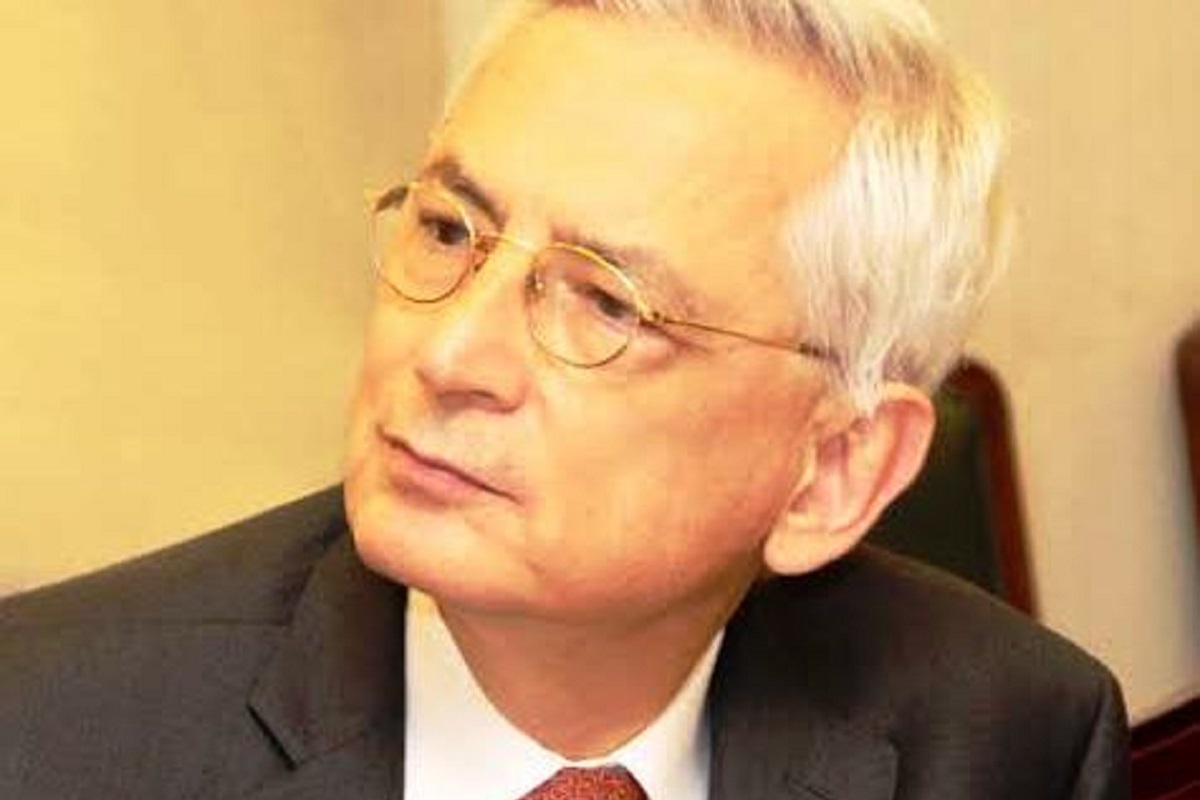Acourse correction of France’s South Asia policy in general and approach towards Pakistan in particular seems to be on the cards. Diplomatic ties between France and Pakistan are at an alltime low, with Mr Marc Barety, the French Ambassador in Islamabad, facing serious security threats following a demand by the radical Islamist political party Tehreek-e-Labbaik Pakistan to expel him.
The Islamists have issued an ultimatum to the Imran Khan government, arguing that France had insulted Prophet Mohamad and thereby committed blasphemy, “a sin that cannot be forgiven”. The Tehreek has also demanded that Pakistan sever all diplomatic ties with France and implement a boycott of French products or it would launch nationwide protests.
Advertisement
Mr Khan’s response has been to kick the can further down the road by promising to refer the matter to the country’s Parliament before 20 April. That these developments come in the wake of France’s growing closeness to India with which it has signed a strategic partnership is incidental ~ the supply of Rafale jets out-of-turn to India, Paris’ close cooperation with New Delhi in the Indo-Pacific region or, indeed, its rock-solid support for India’s counter-terrorism initiatives are at best added irritants for the radicalised Pakistani establishment.
At the heart of the nosediving bilateral relationship is the French integrationist, hard secular societal model and that’s unacceptable to a large section of the Ummah that cuts across national boundaries. Evidence for this assertion may be found in two recent incidents. The first was President Arif Alvi’s address to an international audience including the EU Ambassador to Pakistan last month in which he urged France “not to entrench the discriminatory attitudes against Muslims into laws” and warning that it could lead to “serious repercussions”.
He was commenting on a French domestic legislation, the anti-separatism Bill recently passed in the National Assembly, which is highly unusual for a head of state. Paris reacted strongly, expressing “surprise and disapproval” over Mr Alvi’s remarks and clarifying that the Bill did not include any discriminatory provisions but was guided by fundamental principles relating to freedom of religion and conscience.
Earlier, Pakistan’s Minister for Human Rights Shireen Mazari had launched a vicious personal attack on President Emmanuel Macron, taking to Twitter to state: “Macron is doing to Muslims what Nazis did to the Jews…” Following diplomatic pressure by France, Ms Mazari deleted the tweet. But the damage was done.
How Islamabad deals with this issue will be closely watched including by India given that Pakistan has positioned itself as being the primary guardian of Islam in these parts. If and when the matter is put before parliament, the consensus among experts is that it would be tough for lawmakers to ignore the anti-French public sentiment.
Given France and Pakistan have traditionally enjoyed a warm bilateral relationship, there are those on either side who hope this is just a passing phase. But the empirical evidence is that Pakistani society is getting increasingly radicalised. Islamist outfits have played a vital role in this process, but they would never have succeeded unless aided by an establishment which has used radical Islam as an instrument of state policy.











